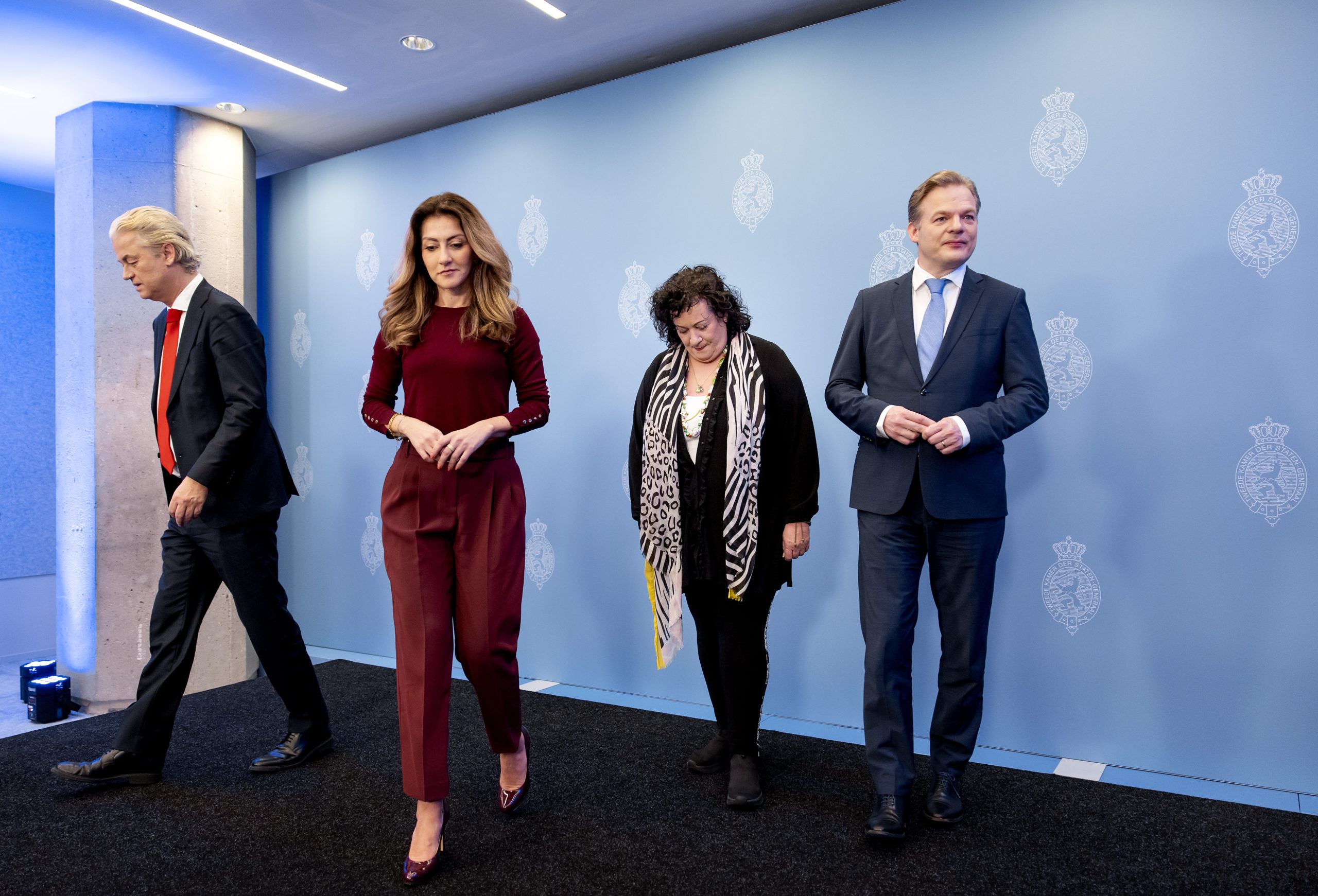Text Steg Snelders
‘We may as well give up on the future generation of students.’
That is the message the coalition-forming parties send with the outline agreement they recently presented. It is a disastrous development for active students in every way.
Students are lonelier, have more stress (and performance anxiety) and worry more about their financial situation than ever before. Presented solutions are normalising justifiable delays (creating a culture in which error is permitted), a basic grant aligned with the current economy to alleviate financial stress and enabling students to focus on their studies without having to also hold down a part-time job and facilitating clubs and associations for and by students to combat loneliness.
While we all hoped the outline agreement would provide solutions for these and other issues, quite the opposite is the case. The new cabinet intends to increase tuition fees by 3000 euros for those who fall back by more than one year. The result is an inevitable increase in exam pressure, as well as a reduced willingness to serve on a board or commission. As a result, student life, which largely depends on association, in Wageningen in particular, is under threat.
When serving on commissions or boards becomes riskier because delays cost so much more, we expect many students will elect the safe option and decide not to serve. These activities also significantly benefit the students’ development.
Added to these drastic measures comes the intended decision to lower the basic grant by 35 per cent. This will further increase financial pressure on students, who will have to work more to make ends meet and will have less time to recuperate or do leisure activities as a result. Or they will have to take out a loan for an interest rate that quintupled in the past year, which will only aggravate their problems later on in life.
As a party for active students, VeSte is discussing how to mitigate the impact of these measures as much as possible together with the executive board in order to ensure WUR remains a university that allows one to make the occasional mistake and where there are extracurricular development options.’

 The Hague – Geert Wilders (PVV), Dilan Yesilgoz (VVD), Caroline van der Plas (BBB) and Pieter Omtzigt (NSC) during the presentation of the outline agreement. Photo ANP Koen van Weel
The Hague – Geert Wilders (PVV), Dilan Yesilgoz (VVD), Caroline van der Plas (BBB) and Pieter Omtzigt (NSC) during the presentation of the outline agreement. Photo ANP Koen van Weel